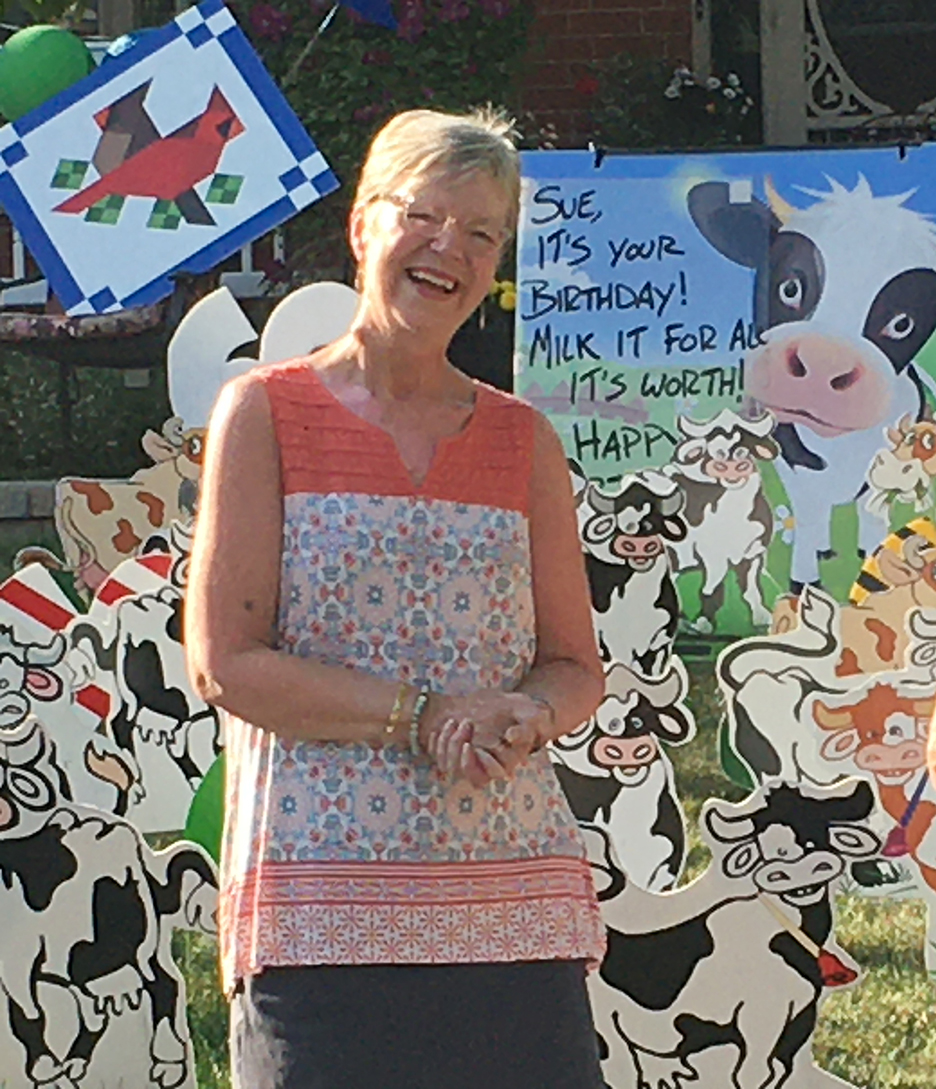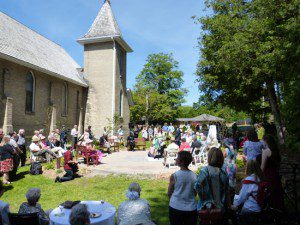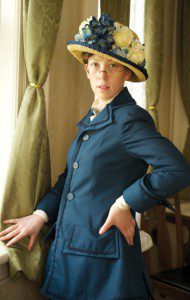
Our community still mourns the passing of Sue Carmichael two weeks ago. Her family members will remember all she gave them, her church and the rest of us, at a service this weekend. By coincidence, exactly 10 years ago, I wrote a column about Sue and her passion for giving, quilting and living. I offer my thoughts from that column in tribute:
Even in this liberated community, there are some areas still considered off-limits to certain people. I mean, children aren’t often seen in pubs. Most women don’t hang out in repair garages. And men don’t generally frequent beauty salons. The same could be said of men in sewing shops and the like. In fact, recently, when I decided to pay a courtesy visit to the Quilters Cupboard in town, I got a predicable response when I entered.
“Hey ladies,” the proprietor announced from inside the store, “a man has just entered the shop.” Most got a chuckle out of the remark. I did too. (more…)

